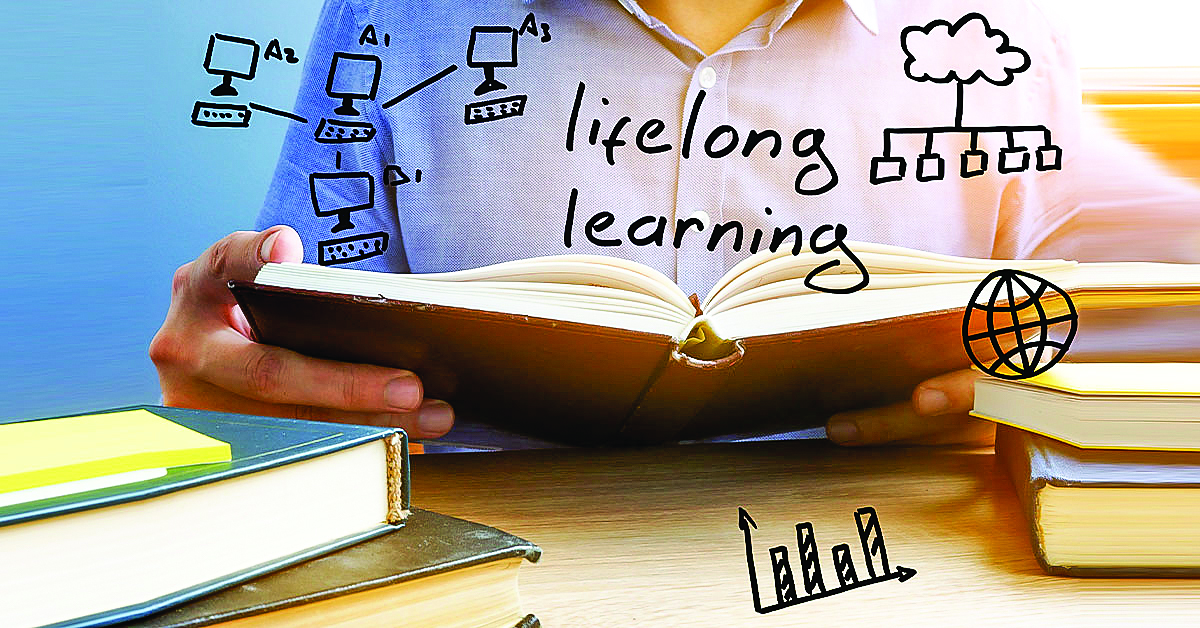
During the formative years of childhood, laying a strong foundation for essential skills is paramount. These early developmental stages serve as the bedrock upon which academic success and lifelong learning are built. By nurturing curiosity, fostering critical thinking, and instilling a love for learning, educators and caregivers empower students to thrive in school and beyond. Through engaging activities, personalized guidance, and a supportive environment, children develop the cognitive, social, and emotional skills necessary to navigate academic challenges and embrace a lifelong journey of discovery and growth.
These skills encompass a diverse range of competencies, extending beyond traditional academic knowledge.
1. Critical Thinking: Critical thinking involves analyzing information, evaluating arguments, and making informed decisions. Encouraging students to question assumptions, consider alternative perspectives, and seek evidence fosters intellectual curiosity and problem-solving abilities. By honing critical thinking skills, students develop the capacity to engage with complex concepts, discern truth from misinformation, and formulate reasoned judgments.
2. Communication Skills: Effective communication is fundamental for academic achievement and professional success. School students must develop strong verbal and written communication skills to express ideas clearly, articulate arguments persuasively, and collaborate with peers. Providing opportunities for students to engage in presentations, debates, and written assignments cultivates confidence, clarity, and coherence in communication, enabling them to convey thoughts and ideas effectively in diverse contexts.
3. Information Literacy: In an age of abundant information, the ability to access, evaluate, and synthesize information is paramount. Information literacy equips students with the skills to discern credible sources, navigate digital resources, and conduct research effectively. Teaching students how to critically evaluate sources, distinguish between fact and opinion, and cite information ethically empowers them to become discerning consumers and producers of knowledge.
4. Creativity and Innovation: Creativity fuels exploration, experimentation, and problem-solving, driving intellectual growth and academic achievement. Encouraging students to think creatively, generate novel ideas, and explore unconventional solutions fosters a culture of innovation and inquiry. Providing opportunities for artistic expression, project-based learning, and open-ended tasks nurtures creativity, imagination, and originality, essential for fostering intellectual curiosity and adapting to new challenges.
5. Collaboration and Teamwork: Collaboration enables students to leverage collective expertise, share ideas, and achieve common goals. Collaborative learning experiences, such as group projects, peer feedback, and cooperative problem-solving tasks, foster interpersonal skills, empathy, and respect for diverse perspectives. By working collaboratively, students develop the ability to communicate effectively, negotiate differences, and contribute meaningfully to team efforts, essential for academic success and professional growth.
6. Resilience and Adaptability: Resilience entails the ability to persevere in the face of adversity, overcome setbacks, and adapt to change. Cultivating resilience empowers students to embrace challenges, learn from failures, and bounce back stronger. Encouraging a growth mindset, promoting self-regulation strategies, and providing opportunities for risk-taking and reflection foster resilience and adaptability, enabling students to navigate academic challenges, thrive in diverse environments, and pursue lifelong learning with confidence and resilience.
7. Emotional Intelligence: Emotional intelligence encompasses self-awareness, self-regulation, empathy, and social skills, essential for personal and academic success. Teaching students to recognize and manage their emotions, empathize with others, and navigate interpersonal relationships fosters emotional resilience, well-being, and academic achievement.
8. Digital Literacy: Digital literacy encompasses the ability to navigate digital platforms, evaluate online content, and use technology effectively and responsibly. Teaching students to critically evaluate digital resources, protect their privacy, and use technology ethically empowers them to harness the potential of digital tools for learning, collaboration, and communication.
9. Time Management and Organization: Teaching students to set goals, prioritize tasks, and manage their time effectively fosters productivity, autonomy, and self-discipline. By cultivating time management and organizational skills, schools empower students to juggle academic responsibilities, extracurricular activities, and personal commitments, enabling them to thrive in both academic and personal endeavours.
10. Global Awareness and Cultural Competence: Global awareness and cultural competence are essential for navigating an increasingly interconnected world. Exposure to diverse cultures, perspectives, and global issues fosters empathy, open-mindedness, and cross-cultural communication skills.
Final Words
The formative years of our life are the building blocks of the person we eventually evolve into. Hence, fostering essential skills for academic excellence and lifelong learning is imperative for preparing students to thrive in a rapidly evolving world. These skills lay the foundation for success in both academic and personal endeavours, enabling students to navigate the uncertain waters of life, face complex challenges, contribute meaningfully to society, and lead fulfilling lives.
The author is the Founder of Zamit.















